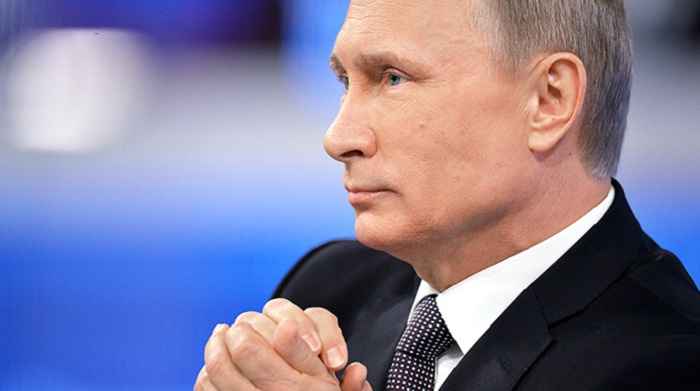Russia’s Unacceptable Turnaround on S-300 Delivery

In an alarming sign of Moscow's policy incoherence, two weeks after President Putin's announcement of Russia's decision to live up to its contractual obligation and deliver the S-300 air defense system, the Kremlin has now chewed its own words with the new announcement that due to "drastic changes" in the circumstances since Putin's April 13th announcement, there will be an indefinite delay in their delivery.
Thus, in a clear self-reversal, Russia's Deputy Foreign Minister Sergei Ryabkov has made the following lame excuse that must surely come as a big surprise to Tehran's officials and Iranian people and inevitably trigger a crisis of confidence in Russia-Iran relations. According to ITAR-TASS:
"I do not think that it is a matter of near future. It is far more important that a political and legal decision has been taken to open up such an opportunity," Ryabkov said. He pointed out that the situation had changed drastically after the Russian president’s decision taken on April 13 to lift the freeze from the sale of S-300 to Iran."
With due respect to Mr. Ryabkov, there is no perceptible change let alone "drastic change" in the space of ten days that would warrant this change of heart, after raising Iran's hope and expectation that Russia would cease its previous bad habit of "bargaining over Iran" and play it straight by fulfilling the terms of a valid contract, given the absence of any legal restrictions as Mr. Putin himself has rightly pointed out recently.
In fact, no sooner Putin had made the announcement when signs of a self-reversal began to emerge, starting with the follow-up announcement that the S-300 would be delivered by the end of 2015. Sadly, it has now been delegated to an undetermined future and, naturally, the big question is why?
Without doubt, this will fuel the suspicion on the part of some Iranians that Putin's announcement was a tactical ploy in order to gain concessions from the US, Europeans, and Israel, all of whom have been openly pressing Russia not to deliver the defense system to Iran since that would make Iran's skies invulnerable to a future intrusion by hostile forces (and thus diminish the 'military card' against Iran). Russia in the not so distant past has entered into quiet agreements with U.S. on arms deliveries to Iran and, obviously, one wonders if history has now repeated itself?
At a time when Russia is under tremendous external pressures, such a tactical move may be intended to create a quid pro quo to lessen the pressure, but why must it come at Iran's expense? No matter how the Russians try to justify themselves, this will cause a serious breach of Iranian faith in Russia and will take a long time to heal, in effect acting as a fresh wound that has been needlessly inflicted on a healthy relationship between two neighbors who have much in common in terms of strategic outlook and shared interests.
As a result, unless Moscow stops its incoherent zigzags and honors its own words and delivers the S-300 immediately, there will be an erosion of Iran-Russia ties and a major setback to the sturdy bridge of friendship that has been established over the past decade or so. This is partly due to the inevitable politico-psychological toll on the Iranian collective consciousness, which has tried very hard to leave behind the bad memories of Russia's past betrayals and annexations of Iranian territory and so on, and to embark on a healthier and more durable good neighborly foundation, reflected in the growing trade between the two countries and Iran's observer status at the Shanghai Cooperation Organization; concerning the latter, the prospect of Iran's full membership at the next SCO summit is now dimmed considerably as a result of the setback caused by the Russian turnaround on S-300 delivery.
Clearly, such a setback in Iran-Russia relations is not in the interests of either country and its harmful effects must be prevented, thus warranting a serious re-appraisal by Moscow.

